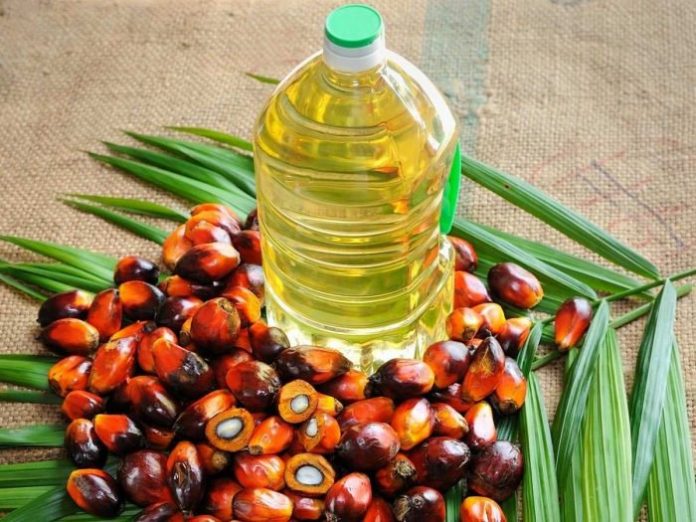In a peculiarity of the international markets, the price of cooking oil may go down in Pakistan after China refused to ease covid related lockdown restrictions in the country.
Much of the world’s cooking oil, particularly in developing countries like Pakistan and India, comes from the oil seeds of the palm tree. Imported mostly from Indonesia, palm oil prices often fluctuate depending on international demand. As the biggest importer of palm oil, China’s demand for the product often dictates prices.
However, Covid cases in China are once again at an all time high and imports are being curbed in the wake of a lockdown. So when the Chinese government did not ease lockdown restrictions on Tuesday, the prices of palm oil on the international market saw a dim future when the FCPO contract on the Bursa Malaysia Derivatives Exchange went down by 1.6 per cent.
The contract is a benchmark on the future trade of the palm oil trade across the globe, more particularly, the Asia Pacific region. Meaning that this is the price that any buyer would eventually pay if they want to procure palm oil.
Initially, the benchmark had risen on the hopes that China would ease the lockdown despite there being no indication of this happening. It was believed that the demand for the contract would drop further, however, this week started with a sharp 1.7% increase in the contract prices. Rates eventually took a dip later in the day and the matter took its due course by the day’s end on Tuesday.
Pakistan is also a major importer of palm oil, depending on it for a large chunk of its cooking oil. Pakistan, which is highly reliant on imported palm oil to meet the country’s food needs, is very vulnerable to these price changes. Earlier this year, the local market saw a historic increase in the price of cooking oil and Vanaspati ghee, wreaking havoc across low income households. Prices later dipped as well as the palm oil market has generally been on a downward trend for the past few months.
The prices for palm oil contracts in the international market had nosedived in the last month, owing to high production and slump in imports across the world. The price, which had gone as high as $1,800 per tonne a few months ago, is now below $1,000 per tonne. According to the director of Indian consumer goods company Godrej International, Dorab Mistry, Palm oil is expected to go as low as $737 per tonne before March 2023.
The fall in the price will, therefore, be more than welcome for Pakistanis, provided that the effect is passed on to the consumer — a process that usually takes some months given the pace of the supply chain. Equally important is the positive effect it will have on Pakistan’s import bill given fears around the external account and low reserves.




